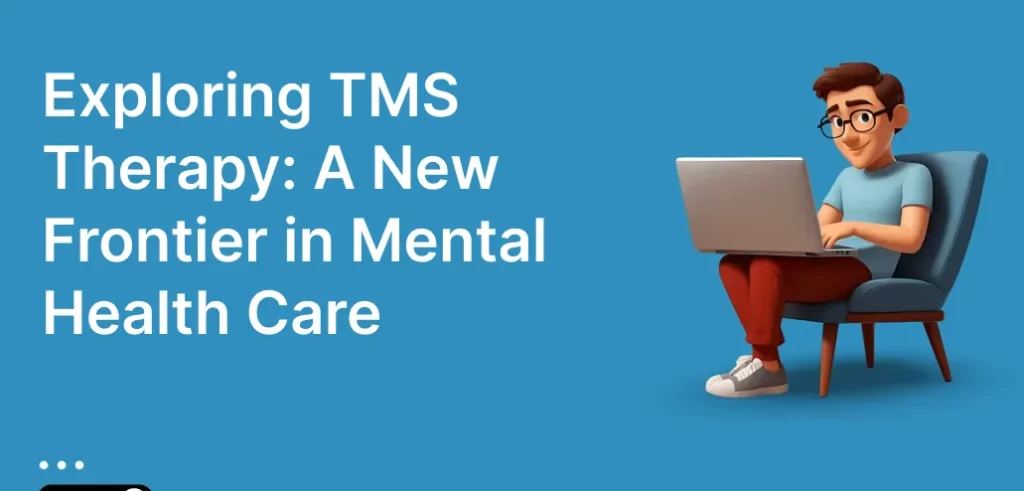If you’re looking for Mediterranean luxury, Marbella’s hard to beat....

For many people struggling with anxiety, depression, or post-traumatic stress disorder (PTSD), traditional treatments don’t always provide the relief they need. Therapy and standard medications can be effective, but for those who continue to suffer, innovative options are changing the conversation around mental health. One such breakthrough is TMS therapy, which has shown remarkable promise in recent years.
Transcranial Magnetic Stimulation (TMS) is an FDA-approved, non-invasive treatment that uses magnetic pulses to stimulate specific areas of the brain linked to mood regulation. Unlike antidepressants, which work systemically and may cause unwanted side effects, TMS precisely targets underactive neural circuits associated with depression and anxiety.
Research shows that stimulating these regions can restore healthy brain activity and improve emotional balance. Many patients who haven’t responded to medication experience significant improvements in mood, focus, and overall well-being after a course of TMS.
This precision and safety profile have made TMS one of the leading alternatives for individuals with treatment-resistant depression and other mood disorders.
One of the most promising applications is the use of TMS for Anxiety. Traditional anti-anxiety medications can sometimes lead to dependence or reduced effectiveness over time. In contrast, TMS acts directly on the brain’s stress-response centers, helping to reduce hyperactivity in regions like the amygdala while strengthening regulation in the prefrontal cortex.
Patients who undergo TMS therapy often report decreased worry, improved concentration, and better sleep quality. While it’s not a cure-all, TMS provides a much-needed alternative for those who have exhausted conventional options.
Even as TMS grows in popularity, experts stress the importance of combining it with other supports. Therapy, lifestyle changes, and social connection remain vital for long-term improvement. TMS can alleviate core symptoms, but sustainable recovery comes from addressing underlying thought patterns, habits, and stressors.
This holistic approach ensures that TMS is viewed not as a stand-alone solution but as part of a broader, integrated treatment plan that promotes lifelong mental wellness.
For individuals considering TMS treatment in New Jersey, accessibility has expanded significantly in recent years. Specialized clinics like HWS Center now provide safe, medically supervised TMS sessions tailored to each patient’s needs.
Treatment begins with a full psychiatric evaluation to determine eligibility, followed by a series of non-invasive sessions, typically five days a week over several weeks. Each session lasts about 20 minutes and requires no anesthesia or recovery time. Ongoing assessments help clinicians fine-tune settings to maximize comfort and results.
TMS therapy has gained attention because of the breadth of benefits it can provide when used responsibly:
These advantages make TMS a safe, evidence-backed option for individuals facing complex or chronic mental health challenges.
For anyone struggling with depression, anxiety, or PTSD, waiting weeks or months for relief can feel unbearable. TMS therapy offers a research-backed, non-invasive alternative that helps patients regain control and move forward with confidence.
If you’ve been searching for new possibilities beyond traditional treatments, this may be the breakthrough you’ve been waiting for. Contact HWS to learn more about personalized TMS treatment options and begin your path toward long-term emotional wellness.
If you’re looking for Mediterranean luxury, Marbella’s hard to beat....
The digital landscape evolves quickly, and attention is harder to...
For decades, elevator design and traffic management relied heavily on...
Modern architecture is reaching new heights, literally. As buildings grow...